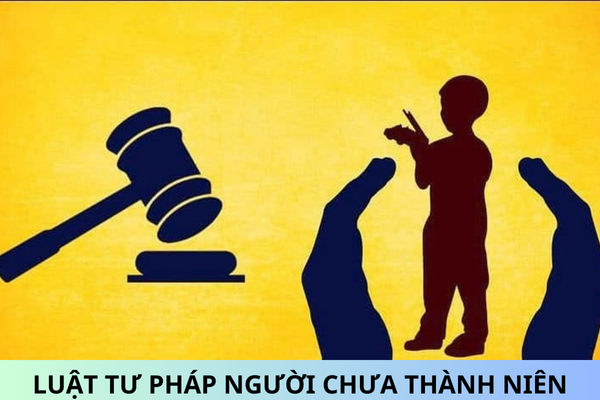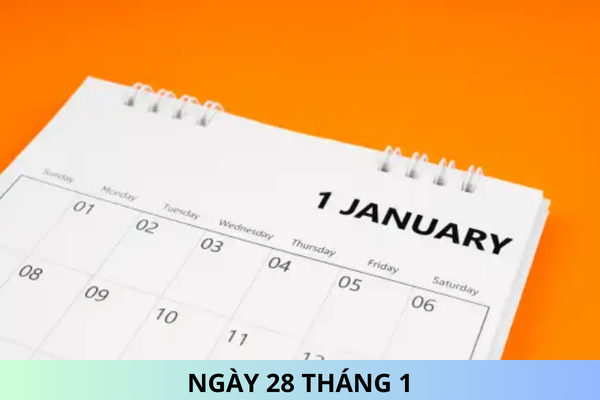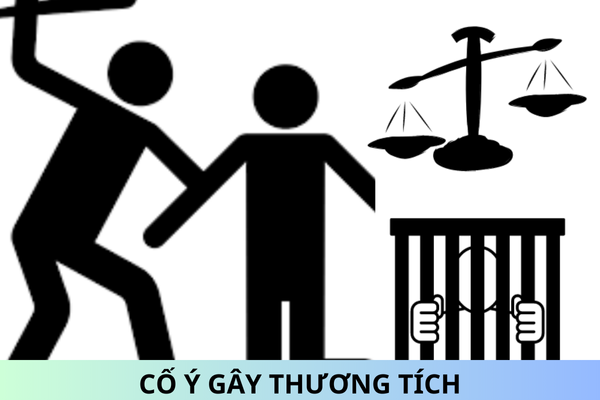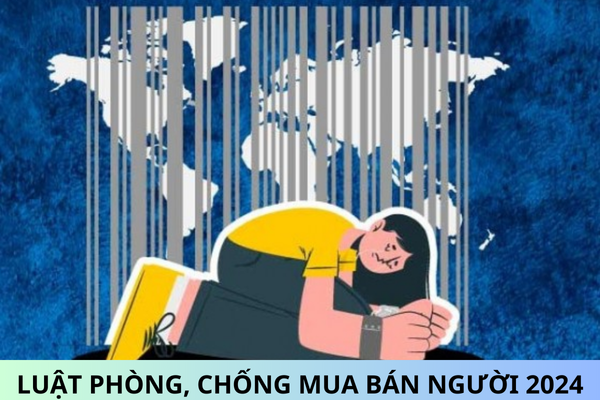Will the Juvenile Justice Law 2024 in Vietnam be effective from January 01, 2026?
Will the Juvenile Justice Law 2024 in Vietnam be effective from January 01, 2026?
On November 20, 2024, the National Assembly of Vietnam enacted the Juvenile Justice Law 2024 which regulates the following issues:
- Diversionary treatment and punishments for juvenile offenders
- Legal procedures for juveniles who are reported, recommended to be prosecuted, detained in urgent cases, accused, victims, or witnesses
- Execution of prison sentences, community reintegration for juveniles
- Responsibilities, powers, and duties of agencies, organizations, individuals, and families in juvenile justice activities.
The Juvenile Justice Law 2024 will become effective from January 1, 2026, except for Article 139, Clauses 1 and 2 of Article 162 of the Juvenile Justice Law 2024 which will come into force from January 1, 2028.

Will the Juvenile Justice Law 2024 in Vietnam be effective from January 01, 2026? (Image from the Internet)
What is the purpose of imposing punishments on juvenile offenders in Vietnam?
Based on Article 12 of the Juvenile Justice Law 2024 on the application of punishments:
Article 12. Application of Punishments
- The punishments applied to juvenile offenders mainly aim to educate them about respecting, complying with the law, and ethical standards, prevent them from committing new crimes, and have a preventative effect in combating crime.
- A court shall only impose punishments on juvenile offenders if it is determined that diversionary measures do not ensure educational and preventive effectiveness. If punishment must be applied, priority is given to the application of warnings, fines, non-custodial reform, and custodial sentences but with suspension.
- Life imprisonment or the death penalty shall not be imposed on juvenile offenders.
- The court shall only impose fixed-term imprisonment on juvenile offenders when it is determined that other punishments and measures do not have deterrent and preventative effects.
- When imposing fixed-term imprisonment, the court shall grant juvenile offenders a lighter sentence than that for equivalent adult offenders and with the shortest appropriate term.
[...]
According to the above regulations, the purpose of imposing punishments on juvenile offenders is to educate them about respecting, complying with the law, and ethical standards, prevent them from committing new crimes, and have a preventative effect in combating crime.
What are rights and obligations for minors as defendants and accused persons in Vietnam?
Based on Clause 2 of Article 21 of the Juvenile Justice Law 2024 on the rights and obligations of juveniles who are reported, recommended to be prosecuted, detained in urgent cases, or accused:
Article 21. Rights and Obligations of Juveniles Who Are Reported, Recommended to be Prosecuted, Detained in Urgent Cases, Accused
[...]
- In addition to the rights and obligations stipulated in Clause 1 of this Article, juveniles who are the accused and defendants have the following rights and obligations:
a) Request the application of diversionary measures;
b) Receive support from social workers during the legal process;
c) Complain against decisions regarding the application of diversionary measures.
According to the above regulations, juveniles who are accused and defendants have the following rights and obligations:
- The rights and obligations as stipulated in the Criminal Procedure Code
- Have a representative participate in the legal process
- Receive support from medical, psychological, educational, and sociology experts when necessary
- Be informed fully and promptly with simple, friendly, and clear language about issues related to the resolution of the case
- Have their personal privacy protected throughout the resolution process
- Receive legal assistance as prescribed by law
- Be informed and explained about their rights and obligations according to regulations
- Other rights and obligations as prescribed
- Request the application of diversionary measures
- Receive support from social workers during the legal process
- Complain against decisions regarding the application of diversionary measures










